Lessons in Resilience: A Conversation with Dan Garrison
I’ve always heard that one of the most important traits of being an entrepreneur is resiliency. This should come as no surprise to anyone because it’s everywhere in business culture. Its’ importance is reinforced by a constant barrage of stories of individuals who are willing to do whatever it takes to get the job done. Can resiliency really be reduced down to those examples, or is it something more? After a recent conversation, I’m now leaning towards the latter.
Meet Dan Garrison, founder and CEO of Garrison Brothers Distillery, the makers of the very first legal bourbon bottled in Texas. If you’ve been fortunate enough to visit their distillery in Hye, TX and meet Dan, you’d know he is a vibrant personality resembling something of a bull in a china shop. Because of his confidence and positive nature, you’d never get the sense that he is an individual who has experienced a lot of hardship and failure in the past.
After hearing more about his past, his story resonated with me because it embodies what resiliency should really look like. Refusing to let past failed business endeavors define him, Dan broke into a regulation-ridden industry that solely existed in Kentucky and Tennessee. On a deeper level, resiliency looks a lot more like Dan accomplishing this while also never sacrificing on values and principles. His product is a testament to that and has helped them build a strong reputation in the whiskey community. However, beyond the quality of the bourbon, Dan never wavered on doing what really mattered in the midst of the struggle and hardship that comes with building a business: using his craft as a way to love on other people and strengthen relationships and communities.
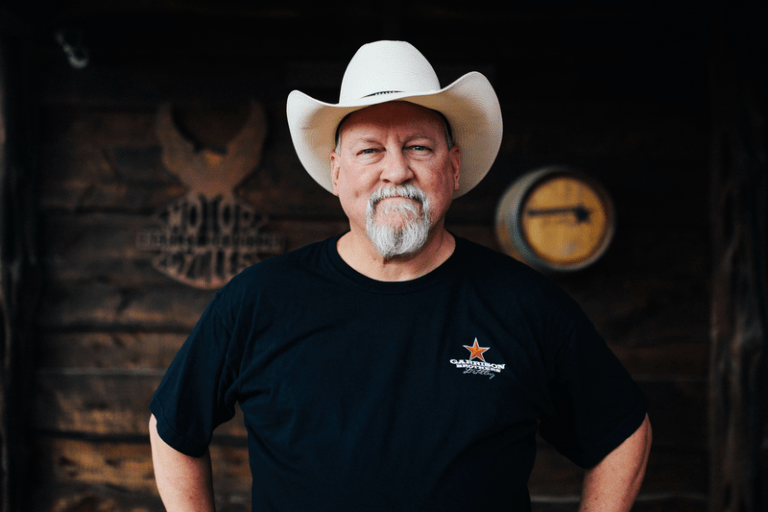
Founder of Garrison Brothers Distillery
Hye, TX
How did your upbringing really influence your desire for entrepreneurship?
I’ve got to put all the pressure on my dad for that one. My old man was an amazing success story. He graduated high school first in his class. He was accepted into the Naval Academy. He graduated in the math field first in his class. Then he went off into the Vietnam War and was a submarine navigator through Vietnam. He was responsible for putting those submarines in just the right position to launch missiles into Vietnam.
He ran into some difficulties though with getting promoted in the Navy (not because of his own fault). My great grandfather was having battles with Hyman Rickover over the nuclear submarine program and the Navy during the time. That led to my dad’s ability to progress the ranks of the Navy getting squashed. Nobody knew it was happening including my dad and my grandfather, but we found out later on.
So my Dad bailed out of the Navy when he could and went to Harvard Business School graduated top of his class again. After that, he went to Houston to start working as a stockbroker and then found a role as a CEO of an international recruiting firm. He excelled at that again and was a hell of a leader but along the way he went through a nasty divorce. He was a terrible father and he’ll admit it to this day. But his solution to making us good kids and giving us some ambition was to send us articles.
He would cut out articles in magazines all the time about Michael Dell or about Ross Buford or about other young men who had made successes out of themselves. So I kept reading all those stories about Michael Dell (I actually knew Michael Dell because I went to high school with him) but there was just an intense pressure from my dad throughout my high school years and even my college years to make something of myself and to do something entrepreneurial. All it did was stunt my growth because I constantly felt like anything I tried wasn’t going to be live up to his expectations.
We’ve come a long way now that I’m 54, and he’s 78 and now we have a great relationship but back in those days it was a relentless pressure to do something entrepreneurial and to be successful in business which did nothing, but shove me away from business back then.
I finally broke out of that mold when I lost my job at 40 years old during my midlife crisis. Here I was, with a family a stunted career, trying to figure out what I was going to do with the rest of my life. I went to Kentucky and looked up at the Kentucky bourbon distilleries and went, “Oh my god, I can do this.” Not only could I do it, but the opportunity was ripe because back then everybody thought of bourbon as your grandfather’s drink. It was old and tired and nobody was drinking it.
I apparently picked the right time to get into this business because once we launched what we were doing here in Texas it injected life into a very burnt out, tired industry. I can’t completely take credit for the bourbon turn around myself, but I do know that we played a role because we started making bourbon cool again, and nobody was doing that until we came along.
Going back to what you mentioned about the entrepreneurial pressure you felt, did you ever try and start anything earlier on in your career before Garrison Brothers?
Sure. I had a failed advertising agency that I tried to start with a good friend of mine who I still work with today. I had a failed public relations firm that I tried to start, and then I tried to start a direct marketing company and never got off the ground because I’ve never landed any clients. It was just youthful exuberance on my part. I wasn’t sophisticated enough to walk into a room and explain the return on investment that each of these individual businesses could create and I still wasn’t when I started this business, but that didn’t stop me because I love bourbon so much.
What was one of the more valuable lessons you learned during some of those failed ventures that has really helped with your current business?
Hmm. That’s the first time I’ve ever been asked that question before. Resilience I think more than anything else. Just because your business is failing and not going anywhere, you can’t get down on yourself. You have to just keep pushing along and keep exploring new things.
So you left Kentucky after that week and you decided you’re going to go after this. What was maybe the lowest point you experienced in trying to get this off the ground?
I broke up with my partner. I didn’t start this on my own. I started it with a business partner, and both of us have been bourbon lovers since we were 13 years old. When I came up with this idea he happened to be looking to get out of the industry. We were both going through a midlife crisis simultaneously and I made the error of saying hey, “why don’t we do this together?”
We were friends. We got along, we enjoyed each other’s company, we thought along the same lines… only to find out three years and about a half million dollars into it, that we were completely incompatible and had very different ambitions.
My ambition was to create something that I owned and made its’ own product. His ambition was to make a hell of a lot of money really fast and fluid and that didn’t work for me. I was much more interested in creating a business that could stand the test of time and control its’ own destiny in terms of production facilities and producing bourbon. He wanted to buy bourbon from someone else, wrap it up into fancy packaging, sell it, create a big demand for it and flip it before we even invested in our own production facility.
That breakup was really hard. It stunted the business growth for about a year. It cost me every penny I had and we were pretty much on the verge of bankruptcy when that happened.
So what was the break you caught at that point in time?
Suddenly for the first time (and I don’t know if this was a sympathy vote or what) my dad and my brother invested and a good friend of our family’s decided to buy my partners equity up. We split ways and all of a sudden the business was debt free. However, we now had two or three investors in addition to my wife who was my initial investor. So we moved forward and started to move forward a lot faster. Then, I was able to raise additional money from nine new friend and family investors. They seemed to believe in my passion. “I looked them in the eyes and said I’m going to give it everything. I’ve got to make you money back” and they believed in me.
It’s funny, here I am 15 years later and I still haven’t turned a profit. I still haven’t paid back the debt that these fine folks loaned me, but they look at me today and say, “Don’t worry about it. The time will come it doesn’t matter. If you pay me back great. If you don’t pay me back, it’s been a lot of fun to be involved with this.”
I’m very fortunate to have angels like that on my shoulder that believe in the bourbon, believe in me and believe in the business. Most people aren’t able to find those types of angels and I was very fortunate to.
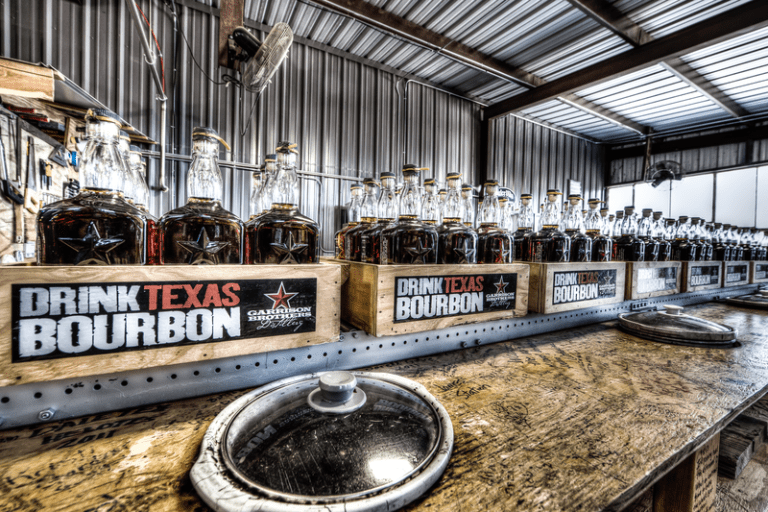
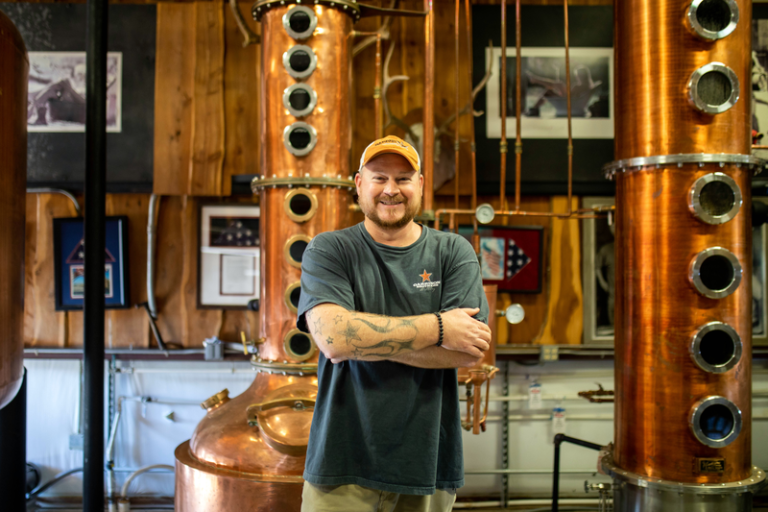
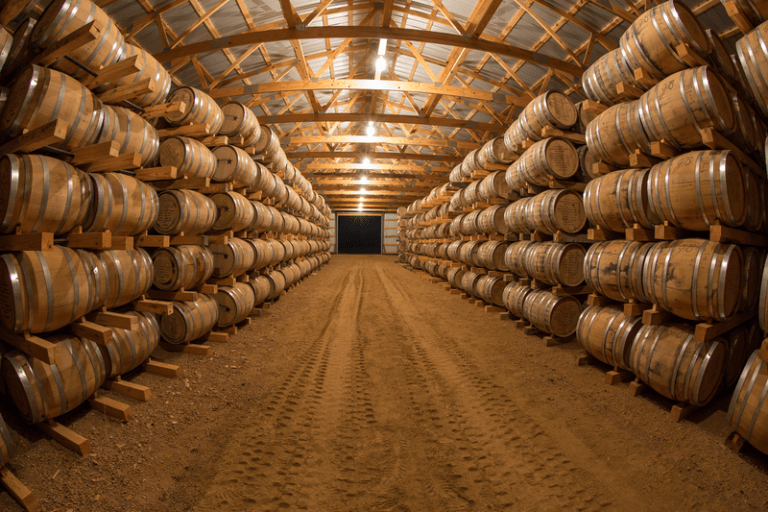

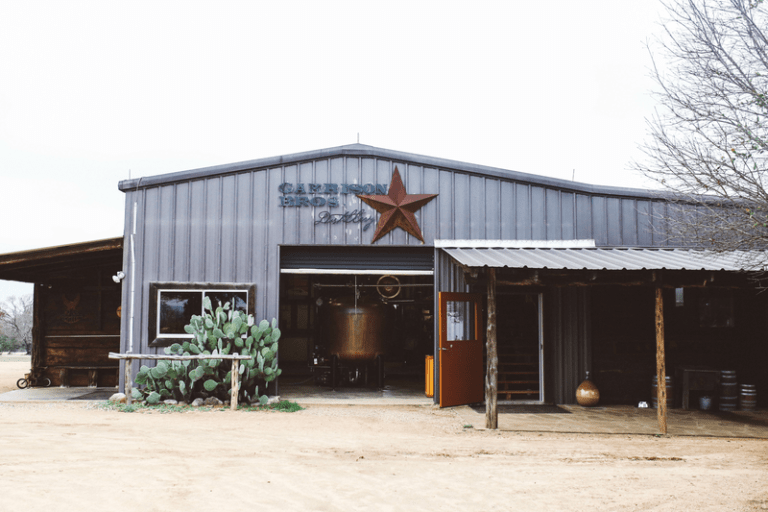
You must be logged in to post a comment.